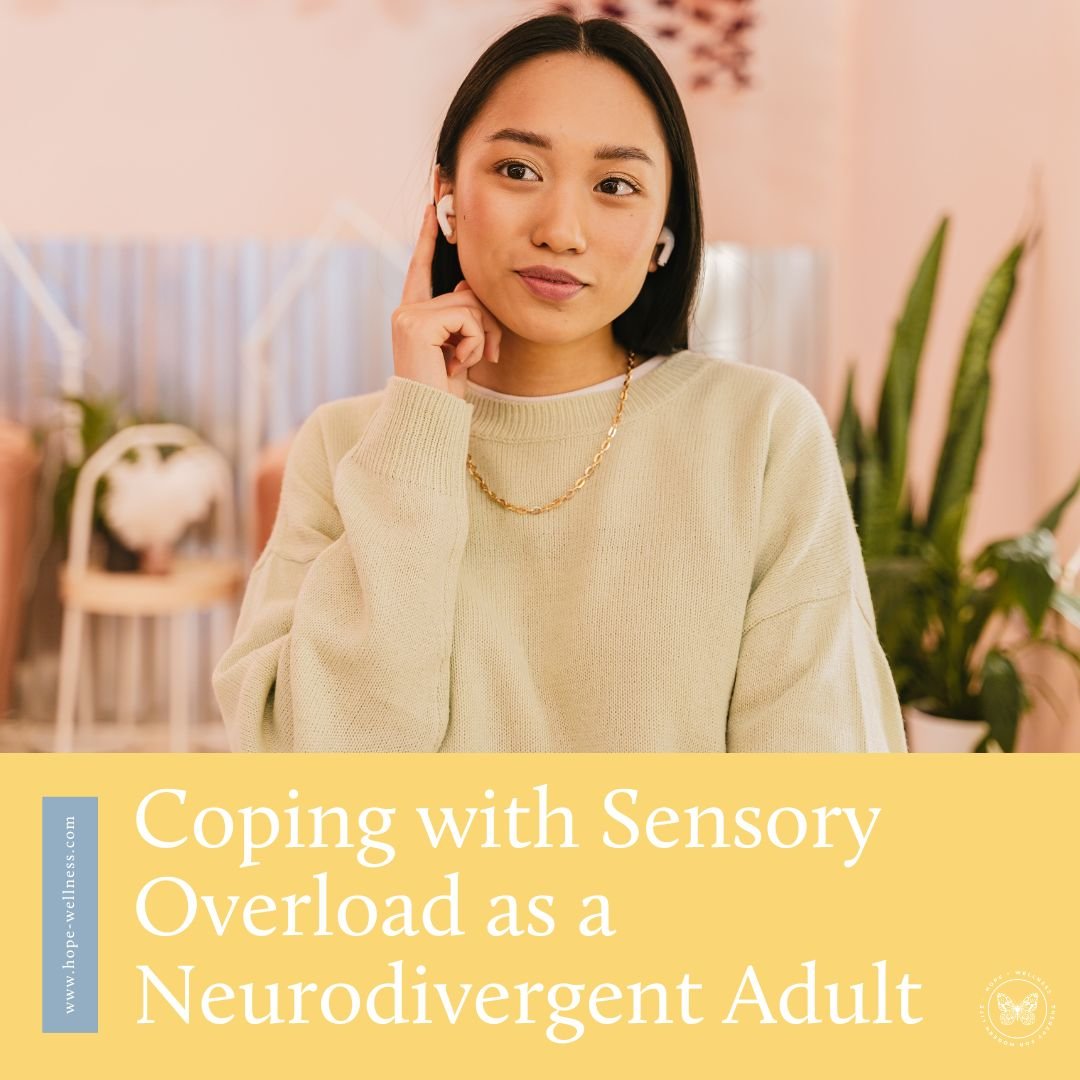5 Things You Need to Know About Cognitive Behavioral Therapy (CBT)
Cognitive Behavioral Therapy may have been a term you’ve heard before when researching therapy options, but what is it and what does it mean? What’s so amazing about it?
CBT has been shown to be effective for a wide range of presenting concerns, including depression and anxiety. It has also been found to contribute to significant improvements in functioning and quality of life.
CBT has been studied extensively in both research and clinical practice. Its efficacy is evidence based and scientifically informed. There is much scientific evidence showing that CBT is effective in producing meaningful change and improvements for clients.
One of the core principles of CBT is that anxiety, depression, and problems with mood are related to unhelpful behaviors and patterns of thoughts. People can thus learn new, healthy ways of thinking and coping to effectively relieve symptoms and improve their lives.
Psychologists and clients work together collaboratively to develop goals and to actively target symptoms. Time is spent examining present-day issues, thoughts, and behaviors.
Skills clients develop through CBT may include learning how to face fears, , problem solving difficult situations, recognizing patterns of unhelpful thoughts and behaviors, and ways to calm the mind and body.
psychologist in mclean, tysons corner, merrifield, falls church, arlington and vienna
Victoria Chialy Smith, PhD is a licensed clinical psychologist providing individual therapy to children, teens, and adults with stress, anxiety, and depression. Our practice provides Cognitive Behavioral Therapy (CBT), mindfulness based therapies, and other top, premier evidence-based treatments, and serves the Falls Church, McLean, Great Falls, Vienna, Arlington, Alexandria, and the greater Washington DC region. Call, email, or schedule an appointment with us online today. We’re happy to help develop the best treatment for you!










ADHD is a common neurodevelopmental condition that might affect you or someone you know. For some tips on attention strategies and to gain a better understanding of ADHD in general, we encourage you to check out this blog post :)